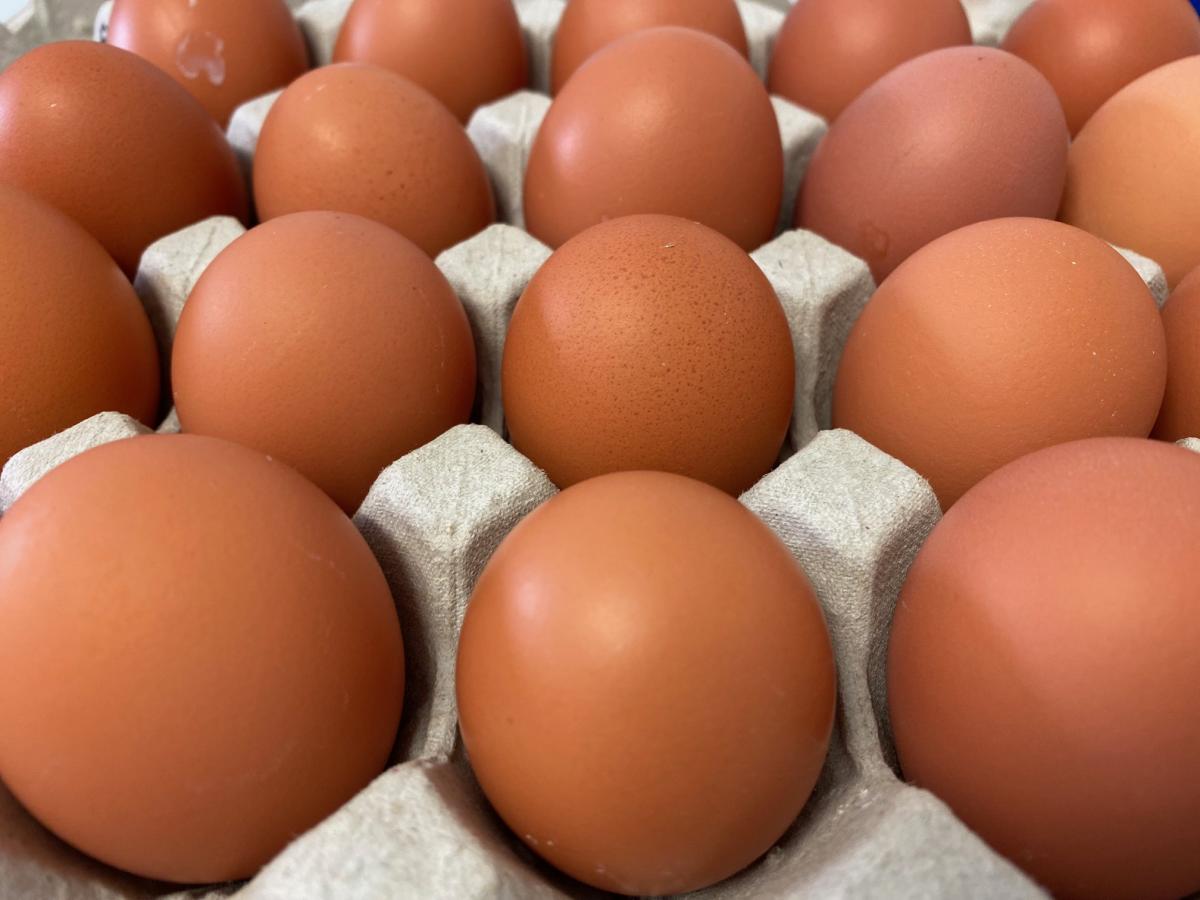
Credit: Dr Andrea McWhorter.
Food poisoning outbreaks caused by bacteria such as salmonella could be significantly reduced if a new sanitiser is proven to be successful in the next stage of trials.
University of Adelaide researchers are developing plasma-activated water as an environmentally friendly food sanitiser that can kill foodborne superbugs in seconds.
"The results of our prototype trials are really exciting and showed that our sanitiser destroyed salmonella on chicken meat and eggs in just five seconds," said lead researcher Dr Katharina Richter, a Future Making Fellow from the University of Adelaide's Institute for Photonics and Advanced Sensing and Adelaide Medical School.
"We envisage that this sanitiser could be used as a spray or dip for at-risk foods such as eggs, meats, poultry and plant-based products during the manufacturing process, potentially providing a chemical-free alternative to current sanitisers and preventing disease."
More than four million cases of foodborne disease are estimated to occur in Australia each year. Symptoms can range from mild to severe and include diarrhoea, vomiting, fever, aches, and pains.
"Vulnerable people such as young children, the elderly, pregnant women and people with weakened immune systems are most at risk of severe consequences and could even die of foodborne illnesses," said Dr Richter.
"The results of our prototype trials are really exciting and showed that our sanitiser destroyed salmonella on chicken meat and eggs in just five seconds."Dr Katharina Richter, Institute for Photonics and Advanced Sensing and Adelaide Medical School, University of Adelaide.
"Raw poultry can often be contaminated with campylobacter and salmonella bacteria and these bugs are easily spread to other surfaces. If we can kill them before they reach the consumer, we could significantly reduce the number of food poisoning cases, making food safer, improving public health and possibly even saving lives," said Dr Andrea McWhorter, a researcher from the University of Adelaide's School of Animal and Veterinary Science, who is also involved in this study.
Currently, food grade sanitisers are used to wash both chicken meat and eggs before they are sold to consumers, but there is potential for bacteria to develop resistance to certain types of sanitisers.
There is also an environmental impact that comes with using these chemicals due to the wastewater generated during the sanitisation process.
"Our plasma-activated water solution is eco-friendly and will provide a new, more sustainable form of defence against the superbugs. Crucially, it won't change the smell or taste of the food because once the active ingredients have reacted, they are inactivated leaving behind only pure water," said Dr Richter.
Researchers are also investigating other applications of plasma-activated water as a wound cleanser for chronic wounds such as diabetic foot ulcers, with the first clinical trials coming up in 2024.






